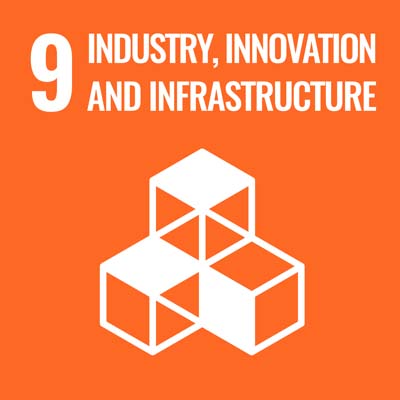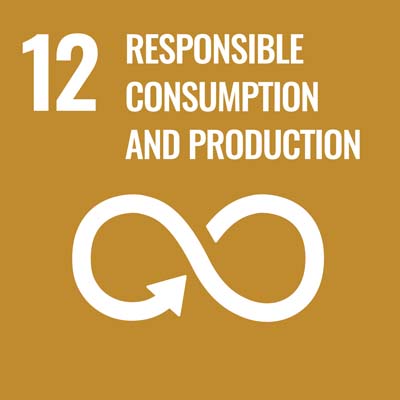You may wish to consider our Aerospace Manufacturing MSc or Digital and Technology Solutions MSc which offer similar areas of study.
Discover other opportunities through our course finder.
The MSc in Engineering and Management of Manufacturing Systems was an established course that developed professionals with a thorough understanding of the knowledge, skills and behaviours needed to design and manage competitive manufacturing and service operations. It comprised of industrially relevant projects, team working, and transferable skills that enhance career performance whether you choose to go into manufacturing, service or consultancy sectors. Our graduates enjoy careers soon after completing the course and have typically gone on to work in a wide range of fields, from automotive to retail, and from financial services through to health care.
Who was it for?
This course was suitable for graduates with engineering, management, IT or related degrees keen to develop their careers in manufacturing or related industries, including academia.
Your career
Cranfield manufacturing graduates are highly sought after by industry. Many graduates take on appointments with a wide range of manufacturing enterprises or, increasingly, apply their skills to other sectors from from automotive to retail, and from financial services through to health care.
Students have gone into roles including:
- Analyst.
- Associate.
- Manufacturing Engineer.
- Supply Chain Analyst.
- Continuous Improvement Manager.
- Work Area Manager.
- Operations Manager.
- Consultant.
Companies that have employed our students include:
- Amazon.
- Procter & Gamble.
- Inverto Consulting (a BCG company).
- Jaguar Land Rover.
- Inverto Consulting.
- Efficio Consulting.
- Airbus (France).
- BVI Medical (Mexico).
- ECM Group (France).
- CERN (Switzerland).
- Wavestone (Switzerland).
- Danone.
- General Electric.
- Lufthansa Cargo.
- Ocado Group.
Cranfield’s Career Service is dedicated to helping you meet your career aspirations. You will have access to career coaching and advice, CV development, interview practice, access to hundreds of available jobs via our Symplicity platform and opportunities to meet recruiting employers at our careers fairs. Our strong reputation and links with potential employers provide you with outstanding opportunities to secure interesting jobs and develop successful careers. Support continues after graduation and as a Cranfield alumnus, you have free life-long access to a range of career resources to help you continue your education and enhance your career.




